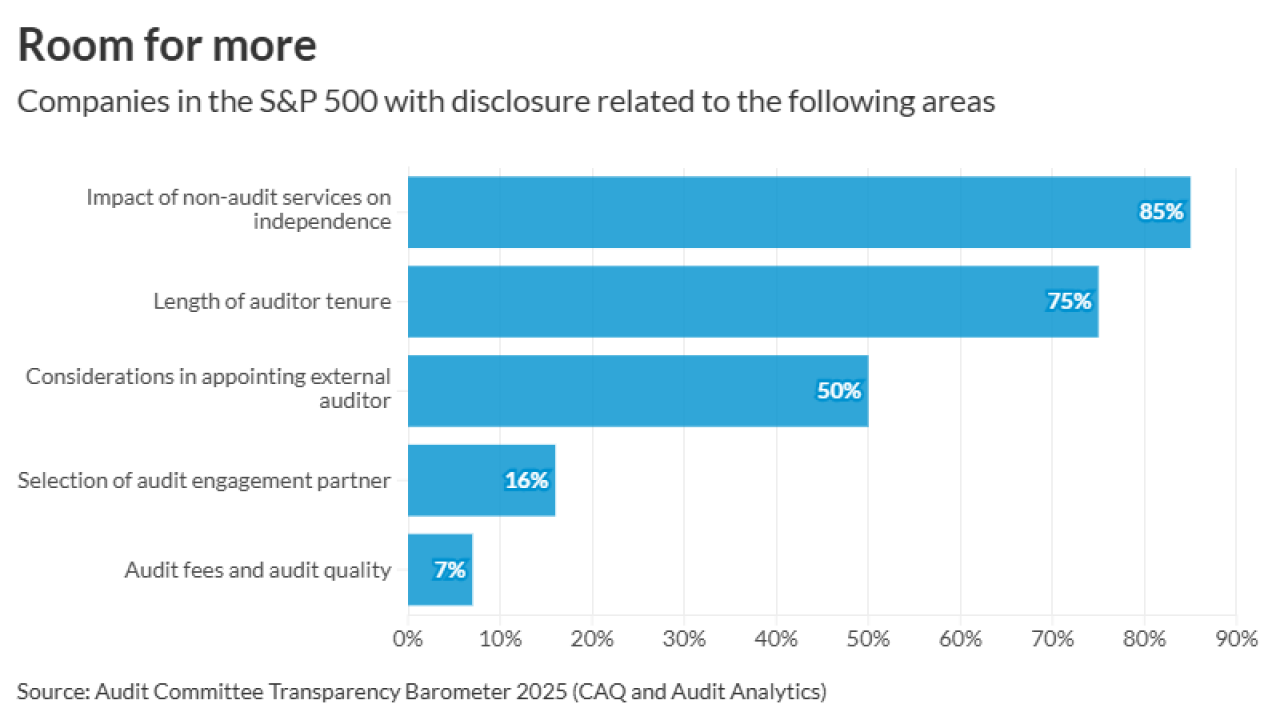Cryptocurrency is becoming increasingly popular as a payment method and investment opportunity. With the number of individuals and businesses using and investing in cryptocurrency and other digital assets, including non-fungible tokens (NFTs), on the rise, this trend shows no sign of slowing down.
As the industry continues to evolve, it is the role of the accountant and CPA, as a trusted advisor, to become well-versed in the world of cryptocurrency and to provide expertise and counsel in order to protect their clients’ assets as they explore this new method of investment.
This year and in the future, individuals and businesses are again expected to report cryptocurrency transactions to the Internal Revenue Service. If your clients received, sold, exchanged or disposed of cryptocurrency, these transactions may impact their 2021 tax bill. Without properly reviewing transactions, individuals may be overstating or understating their taxable income.
The following items are key areas accountants should be aware of when supporting clients in the cryptocurrency and digital asset space.
Understanding entity creation structure
While NFTs are currently taking the digital art and collectibles world by storm, NFTs go beyond artists exchanging work. NFTs can really be anything digital (drawings, music, collectibles, tickets and more). What many may not know is that when creating NFTs, this process could very well be a collaboration with another person.
This can involve several artists or creators who are unknown to each other outside of a first or last name. A common misconception when creating NFTs in this collaborative type of environment is that these artists and creators may have formed a partnership in the eyes of the IRS, which has its own unique set of rules and regulations to follow.
Record keeping and maintenance of transactions
For clients who are interested in buying or selling cryptocurrency or have already done so, the best way to stay organized and monitor all transactions is through diligent record keeping. This is a necessary step to avoid any tax exposure in the case of an IRS or state tax audit. The more detailed, the better. Together, accountants and clients should review past transactions thoroughly, save documentation and ensure the price originally purchased and the price sold are accurate. Keeping these records helps with accounting reconciliations and tax filings and is a good practice for handling personal finances.
Accountants should also inform clients to keep records in order to calculate the appropriate amount of capital gain or loss in a given tax year. This means individuals and businesses need to keep records of the cost at which cryptocurrency was purchased, or the IRS will assume the highest taxable amount for each of your transactions.
Outside of working closely with clients on record keeping, existing platforms such as CoinTracker or ZenLedger can assist in portfolio management and transaction record keeping. One important consideration is a person may transfer cryptocurrency from one of their wallets to another. This does not create a taxable event in the eyes of the IRS. However, unless a person’s wallets are all appropriately connected to tax-tracking software, these wallet-to-wallet transfers may appear as taxable and overstate an individual’s taxable gains.
Lending, mining, staking cryptocurrency
In addition to learning the rules and nuances of cryptocurrency, accountants should be familiar with the vernacular and different ways cryptocurrency is traded, bought, sold or exchanged. Staking is a type of consensus mechanism where an individual or entity effectively contributes their cryptocurrency to a validator pool allowing them to earn rewards by confirming new transactions on the blockchain.
Lending refers to leasing cryptocurrency to a borrower, and mining is a type of consensus mechanism that bitcoin and several other cryptocurrencies use to generate new coins and verify new transactions on the blockchain. Each action and interaction with cryptocurrency varies and is therefore reported differently.
Accountants must first work with clients to learn if they have lent, mined or staked cryptocurrency and guide them on the proper way to file and report activity on their tax returns in accordance with IRS notices, such as
Cryptocurrency can be a complicated landscape for both businesses and individuals. Without guidance and support from an accountant, CPA, financial advisor or consultant, parties can fall susceptible to overstating or understating taxable income and/or file an inaccurate tax return. This tax season and beyond, the role of accountants will expand to support clients with cryptocurrency activities and stay up to date on new laws and guidance that may come from the IRS.





